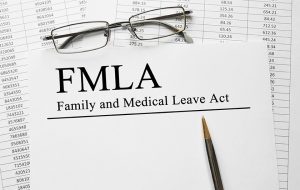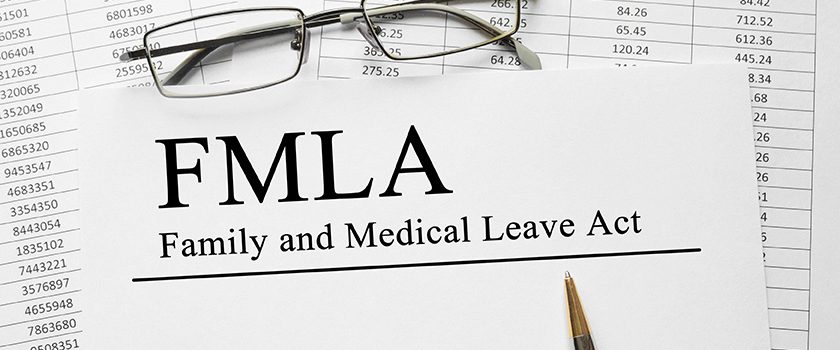
On March 14, 2019, the U.S. Department of Labor (DOL) issued an opinion letter that provides clarity on how employers designate Family and Medical Leave Act (FMLA) leave.
The letter responds to a request for an opinion on whether an employer may permit employees to exhaust paid time off prior to designating leave as FMLA-qualifying. In the letter, the DOL addresses two questions:
- May an employer delay the leave designation as FMLA-qualifying; and
- May an employer provide additional FMLA leave beyond the 12-week entitlement.
Answer to First Question
The DOL concludes that an employer is prohibited from delaying the designation of FMLA-qualifying leave: “Once an eligible employee communicates a need to take leave for an FMLA-qualifying reason, neither the employee nor the employer may decline FMLA protection for that leave,” even if the employee would prefer that the designation be delayed.
The DOL’s conclusion that neither an employee or employer can decline to use FMLA-qualifying leave is in direct conflict with a 2014 Ninth Circuit case that held an employee could decline to exercise leave rights under the FMLA, even if the employee was taking time off for a FMLA-qualifying reason (Escriba v. Foster Poultry Farms, Inc. 743 F.3d 1236 (9th.Cir. 2014)). In its opinion letter, the DOL addresses Escriba, stating that it “disagrees with the Ninth Circuit’s holding that an employee may use non-FMLA leave for an FMLA-qualifying reason and decline to use FMLA leave in order to preserve FMLA leave for future use.”
The court’s Escriba decision has caused confusion for California employers because it contradicts the FMLA designation requirements. In addition, failing to properly designate FMLA leave can be risky because employers may be exposed to FMLA interference claims. Although the DOL has explicitly rejected the holding in Escriba and clearly stated its position that employees cannot decline the use of FMLA-qualifying leave, Escriba is still binding in the Ninth Circuit, which includes California. Employers faced with an employee wanting to decline FMLA-qualifying leave should consult legal counsel in light of these conflicting authorities.
Answer to Second Question
The DOL states that “[a]n employer is also prohibited from designating more than 12 weeks of leave (or 26 weeks of military caregiver leave) as FMLA leave.” Employers are free to offer leave policies that are more generous than the FMLA, but in doing so, the employer cannot expand the employee’s entitlement to FMLA leave. The DOL notes that “if an employee substitutes paid leave for unpaid FMLA leave, the employee’s paid leave counts toward his or her 12-week (or 26-week) FMLA entitlement and does not expand that entitlement.
Allowing employees to exhaust paid time off before starting FMLA leave would not be permissible because an employer cannot delay designation of leave as FMLA-qualifying nor can an employer provide an employee with more than 12 weeks of protected FMLA leave, according to the DOL.
Erika Pickles, Employment Law Counsel/HR Adviser
Managing leaves of absence isn’t easy. Join our employment law experts for our popular Leaves of Absence: Making Sense of It All seminar, which will be held June 21, 2019, in San Diego and August 16, 2019, in Oakland.
CalChamber members can read more about Family, Medical and Parental Leave in the HR Library. Not a member? See what CalChamber can do for you?







